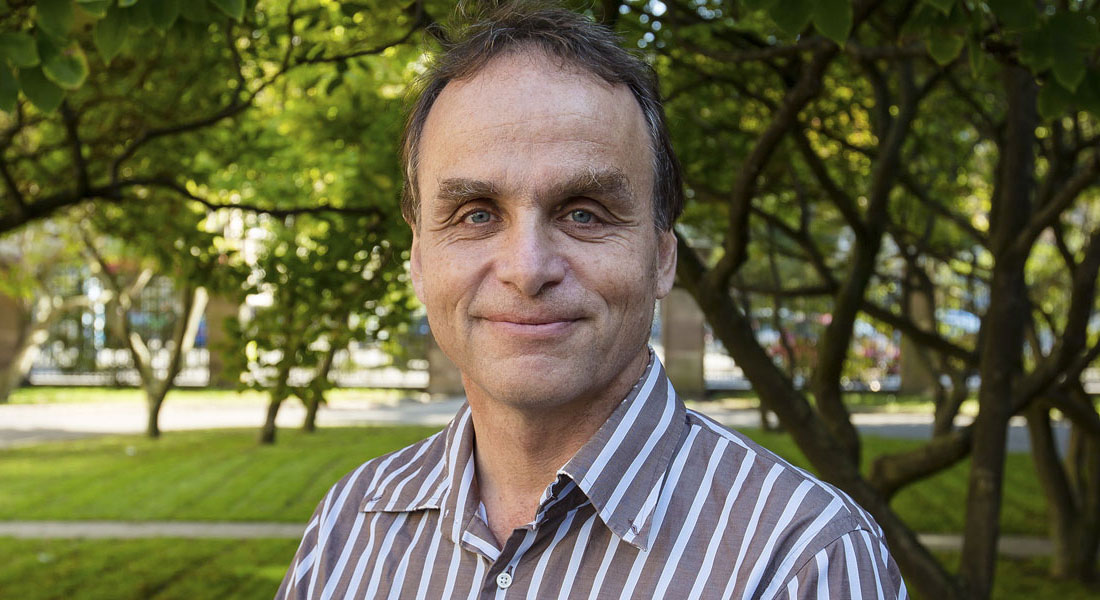Large ERC grant for Kim Sneppen
An advanced ERC grant for Kim Sneppen of DKK 16.500.000 was awarded for development of new methods and models to explore the diverse and complex world within and between cells.

Cells, viruses and bacteria are studied by biologists. But new insights are achieved by modeling biological processes with methods from physics and complex systems.
Kim Sneppen has been awarded a prestigious grant from the European Research Council (ERC) for his SOURCE (Self-organization in Competition and Diversity) project. The 16 million DKK grant will be used for investigating how diversity emerges and is maintained in complex biological systems.
Kim is a professor of complex systems and biophysics at the Niels Bohr Institute who is active in fields ranging from microbiology and epigenetics, to large-scale populations dynamics. In his 2014 ‘Models of Life’, Kim Sneppen described the battles between weapons, anti-weapons and anti-anti-weapons in the biological world using the examples of viruses and bacteria.
“I want to initiate a new research direction at the research frontier between biology and physics. By its diversity of molecules, interactions and cells, biology expresses its universality in different forms than found in systems conventionally explored by statistical physics,” Kim Sneppen wrote in his successful application for the ERC grant.
“I describe biological systems with focus on the rules of interactions and their consequences rather than dig down into the smallest details,” he explained.
We normally think of competition as detrimental to diversity in nature. Competition eliminates the weakest. Yet in nature, despite the eternal struggle to be the strongest and fittest ’winner’ to take all, the winners are somehow constrained and this still allows room for great diversity that is maintained over long time.
Kim Sneppen’s main hypothesis is that competition with positive feedback can actually increase diversity. It does this on a small scale – in terms of opposing states of expressions of a given gene as explored in epigenetics research, and on a much larger scale – on the scale of predator animals, or on exclusive growth in, say, plants. Kim Sneppen’s group will model biological systems that exhibit diversity of states or forms using tools from physics in collaboration with molecular biology laboratories in Denmark as well as internationally.
The project’s aim is to position living systems within the realms of theoretical physics, with conceptual gains for both fields, he explained, “with complex systems research being enriched by a new dynamics of diversity and with biology gaining quantitative descriptions of central model organisms.”
The project will be a continuation of the Center for Models of Life (CMOL) project is part of the “Bio-complexity group” at the Niels Bohr Institute.

Kim Sneppen, Professor in Biocomplexity at the Niels Bohr Institute, Copenhagen University Tel: +45 35 32 53 52, e-mail:sneppen@nbi.ku.dk
